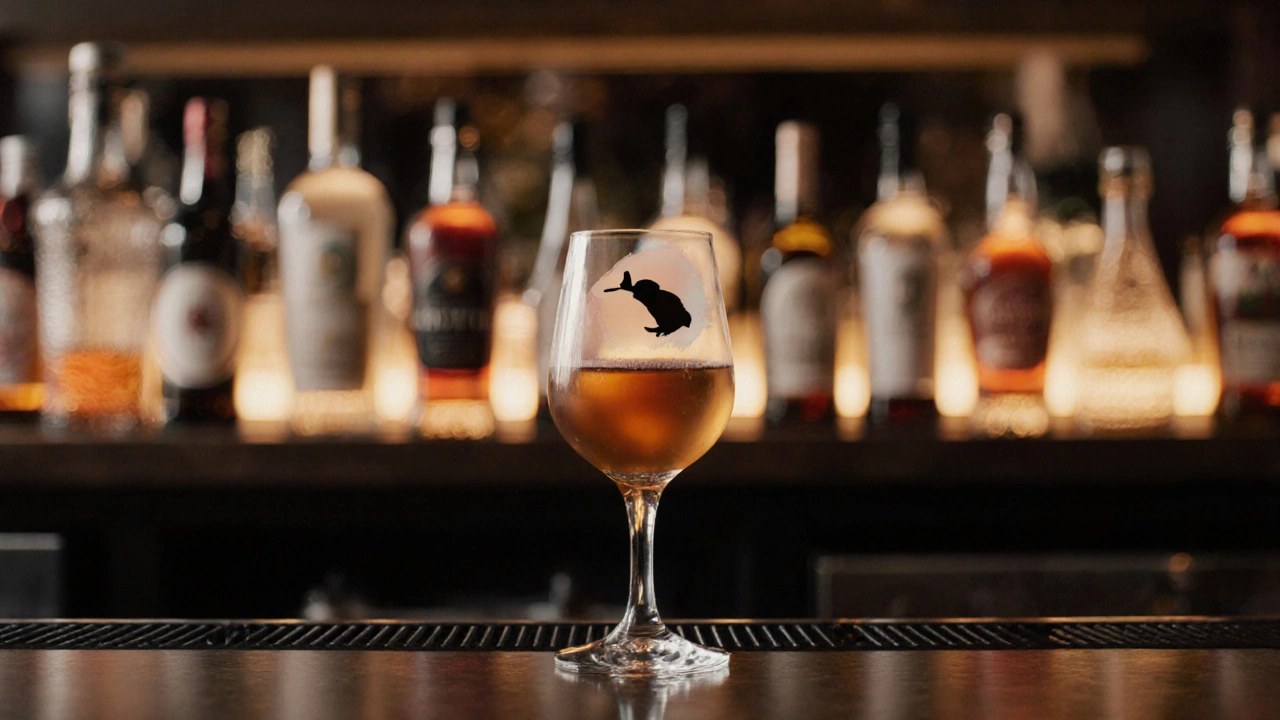Spirits in Cooking: How Alcohol Enhances Flavor and Heat
When you think of spirits, distilled alcoholic liquids like whiskey, rum, brandy, and tequila used in cooking to intensify flavor and balance heat. Also known as culinary spirits, they’re not just for drinking—they’re secret weapons in the kitchen for making spicy dishes sing. A splash of bourbon in a chili, a shot of tequila in a salsa, or a glug of rum in a pepper sauce doesn’t just add alcohol—it unlocks aromas, softens bitterness, and carries heat deeper into the food. It’s why restaurants don’t just sprinkle spices—they cook with spirits to make flavors stick.
Spirits work because alcohol is a powerful solvent. It pulls out flavor compounds from chillies, garlic, and herbs that water can’t touch. That’s why a slow-simmered sauce with a splash of vodka or mezcal tastes richer than one without. It’s not magic—it’s chemistry. And when you pair spirits with heat, like in a habanero-infused rum glaze or a smoked paprika stew with a dash of bourbon, the alcohol tempers the burn while making the spice feel fuller, rounder, more alive. You don’t taste the booze—you taste the depth it creates.
Related to this are flavor enhancement, the process of using ingredients like salt, acid, fat, or alcohol to make other flavors more noticeable and lasting, and distilled spirits, alcohol produced by distilling fermented mash, often used in small amounts to elevate savory dishes. These aren’t just buzzwords—they’re the reason your slow cooker chili tastes better after a pour of dark rum, or why that pepper jelly you made last fall has more punch than store-bought. Even culinary spirits, the category of alcoholic liquids specifically chosen for their ability to improve food, not just drink—like smoked apple brandy or aged rum—are quietly used in recipes you didn’t even know had alcohol in them.
You’ll find these ideas echoed in the posts below: how layering ingredients in a slow cooker lets flavors meld, how meat stays tender when cooked with liquids, how simple swaps can transform a basic dish. The same logic applies to spirits—they’re not about getting drunk. They’re about getting flavor right. Whether you’re making a spicy curry, a smoky barbecue sauce, or a sweet-and-hot dessert glaze, the right spirit turns good into unforgettable. No fancy tools needed. Just a bottle, a pinch of heat, and a little know-how.
Which Alcohols Are Not Vegan? A Complete Guide


